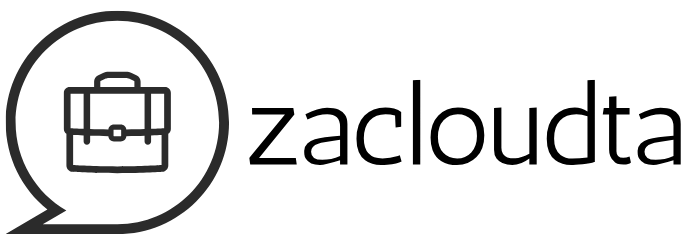[ad_1]
The use of social media has revolutionized the way people communicate with each other. It has also expanded the reach of political discourse and activism. In recent years, social media has played a significant role in politics, influencing elections and shaping democracy. In this article, we examine the influence of social media on politics and explore its impact on democracy.
The Rise of Social Media in Politics
Social media platforms such as Facebook, Twitter, Instagram, and YouTube have provided a platform for political activism and mobilization. Political candidates and parties are leveraging social media sites to engage with voters, promote their campaigns, and mobilize supporters. According to a study by Pew Research Center, 69% of American adults use social media platforms, and most political campaigns have been successful in leveraging this trend.
Social media has been used to create social movements and to mobilize communities to vote. In 2018, the Parkland students used Twitter to mobilize a mass demonstration against gun violence in the USA. Their hashtag #NeverAgain attracted millions of followers, generated significant news coverage, and helped to turn the tide against the gun lobby in America.
In elections all over the world, social media has played a crucial role in shaping political strategies, as well as in influencing voters’ opinions. Political parties and candidates using social media can target specific demographics of voters, segment messages, and engage with their audiences. Social media campaigns can have more power than traditional campaign outreach because they can reach a wider audience than door-to-door campaign outreach.
Influence on Democracy
The influence of social media on elections has brought about new challenges and risks to democracy. Social media campaigns can be manipulated to organize disinformation and disruption, as seen during the 2016 US Presidential election where foreign interference from Russian operatives aimed to sway the election results through paid advertisements and fake news on Facebook.
Another danger in social media is that extremist views and disinformation can become dominant. Social media algorithms are designed to prioritize content that generates more clicks and views, irrespective of its accuracy and credibility. This has the potential to amplify dissenting voices and political extremist ideologies, contradicting the fundamental values of democracy.
In addition to these risks, social media can marginalize specific groups of voters, as seen in the United States where social media platforms have been used in voter disenfranchsement exercises. It is because of these dangers that democratic societies must consider the impact of social media on their political processes.
Conclusion
Social media platforms have changed the face of politics and democracy worldwide, playing central roles in shaping opinions, amplifying voices, and mobilizing people. Nevertheless, it is essential to ensure that social media does not weaken the values of democracy and election integrity.
Protecting democracy is a continuous effort, which requires the collaborative efforts of different actors, including regulatory agencies, social media companies, and citizens. More extensive discussions and policy interventions are required to address the negative impact of social media on democracy and to harness its positive potential. Ultimately, the full realization of the democratic potential of social media depends on the ability to mitigate its negative impact.
[ad_2]
